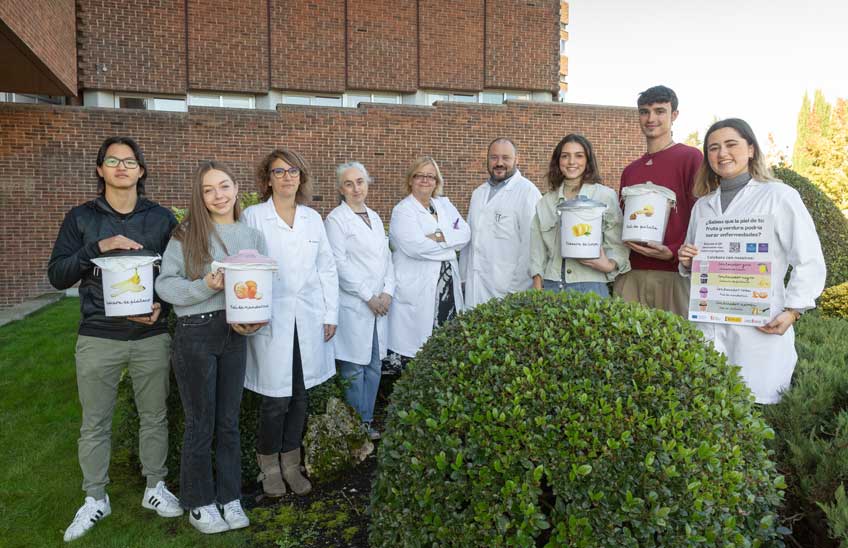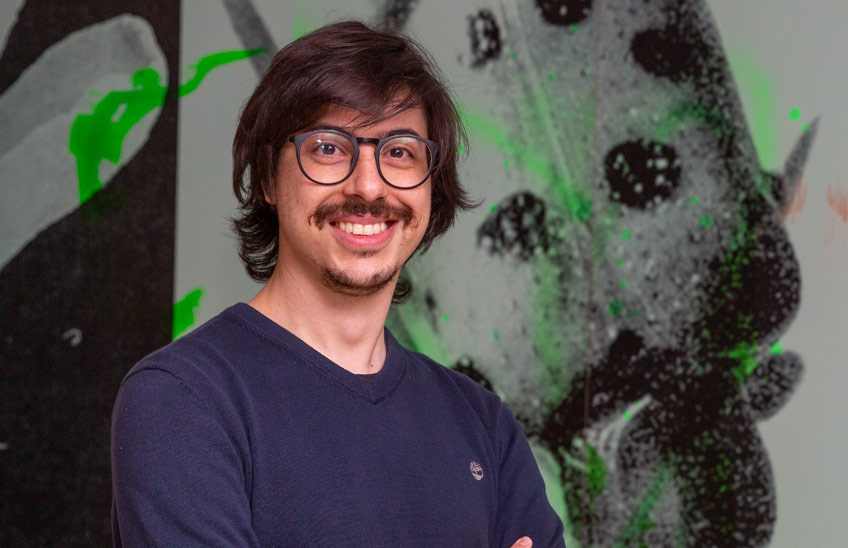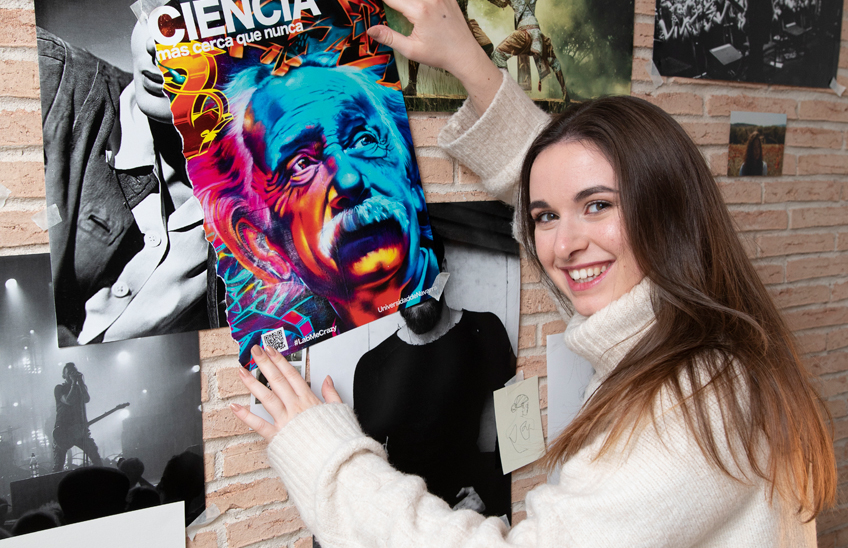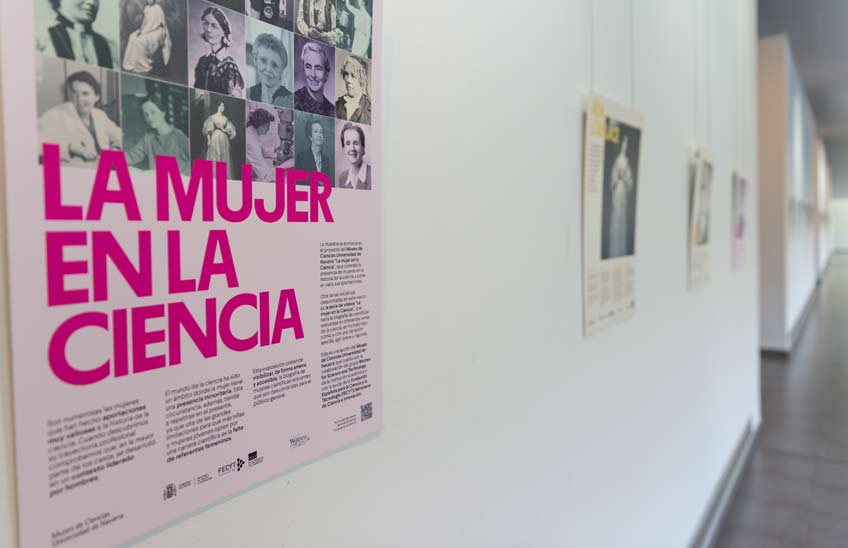Luis Lassaletta: "If we do nothing, in 2050 humanity will face an unprecedented planetary crisis".
The researcher has given the lecture "The Nitrogen Decade: Beyond Climate Change" at the invitation of BIOMA.
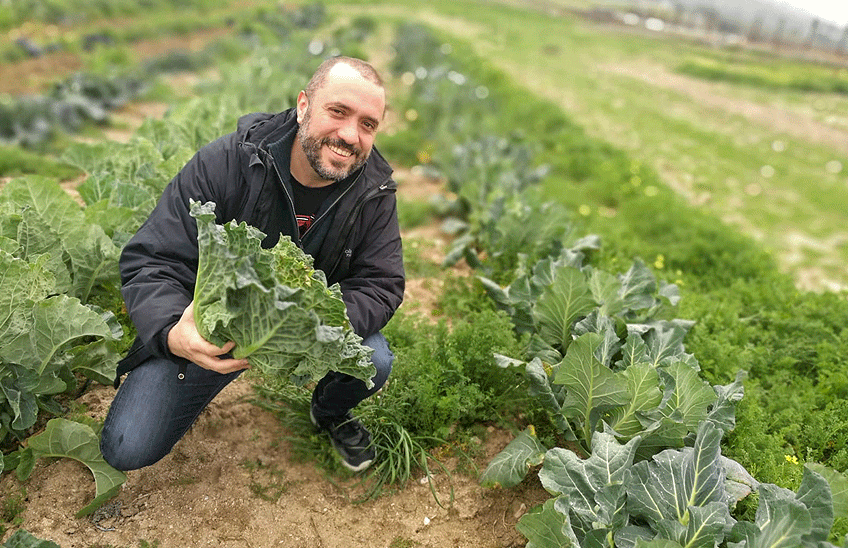
FotoCedida/<br>Luis Lassaletta.
15 | 06 | 2021
The researcher Luis Lassaletta has pointed out that the loss of nitrogen to the environment is one of the great challenges facing humanity. And he has said it in the lecture "The decade of Nitrogen, beyond Climate Change", held on June 4 at the Palacio del Condestable in Pamplona in the framework of the activities organized by the University of Navarra around the World Environment Day.
Lassaletta explained the evolution and cycle of nitrogen since the 1960s and its effects on the environment as a consequence of population growth, food production, international trade and the multiplication of synthetic fertilization.
The researcher explained the consequences of nitrogen losses on the natural environment, analyzing mainly three nitrogen compounds. On the one hand, nitrate, which is diluted in water, causing diffuse agricultural pollution through the leaching process: "When it is washed away by rainwater, it reaches aquifers, rivers and the sea, causing eutrophication of water, which seriously affects biodiversity, fishing, ecosystems and human health". Other effects he pointed out are atmospheric pollution due to ammonia and nitrous oxide emissions, which "is the third most important greenhouse gas, contributing significantly to global warming".
Lassaletta said that there are a series of planetary limits associated with human activities - for example, the emission of greenhouse gases, changes in land use and the employment of nitrogen and phosphorous fertilizers, among others - that threaten the sustainable development . "If we do nothing, by 2050 humanity faces an unprecedented planetary crisis."
For Lassaletta, challenge is to reduce nitrogen losses by half by 2030 and appeals to both consumer responsibility and a joint intervention multidisciplinary by all sectors and organizations to change the agri-food system.
"The Nitrogen Decade: Beyond Climate Change" is the first session of a new cycle organized by the Science Museum of the University of Navarra "For a sustainable future" that will be extended during the next academic year, thanks to the partnership of the Banco Sabadell Foundation.
Luis Lassaletta holds a PhD in Biology and is currently researcher Ramón y Cajal at CEIGRAM (Universidad Politécnica de Madrid). He studies the alteration of nutrient cycles (N and P) and the relationships between agricultural practices, productivity, human per diem expenses , pollution and environmental policy.

